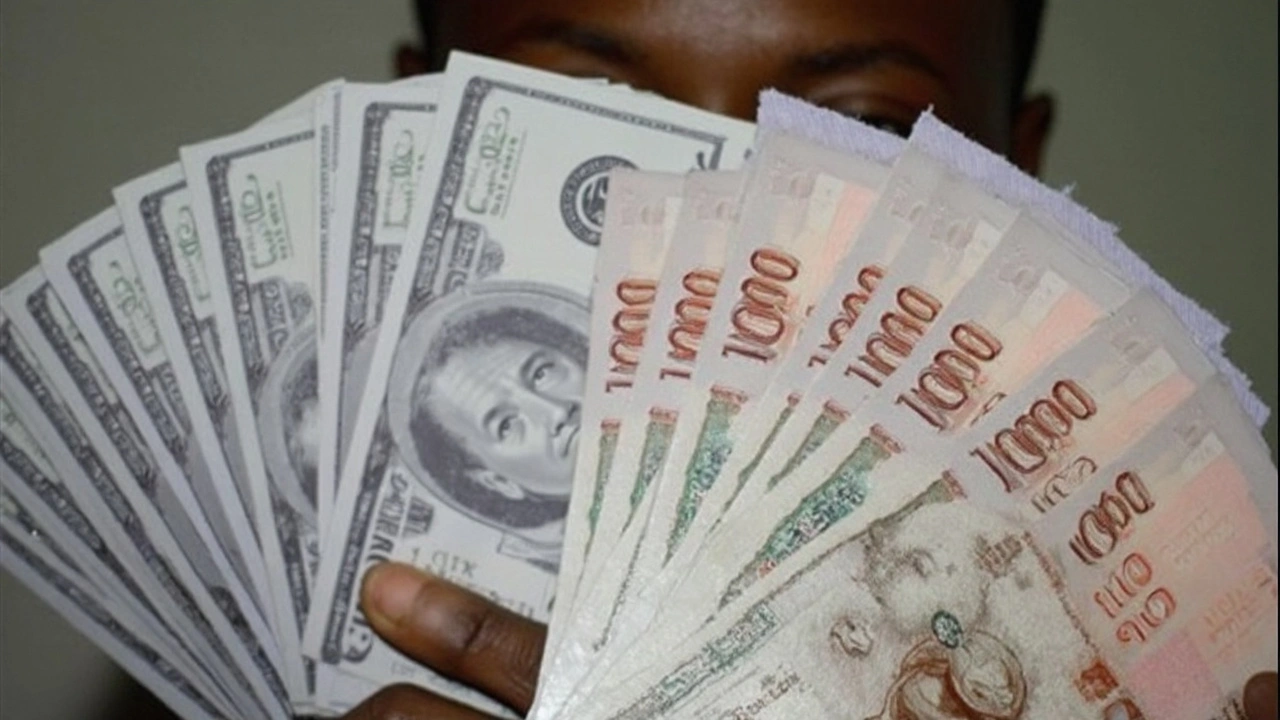Understanding Inflation: How Rising Prices Hit Your Wallet
Inflation is something we hear about all the time, but what exactly is it? Simply put, inflation means prices for everyday stuff like food, transport, and housing go up over time. When inflation rises, your money doesn’t stretch as far as it used to, making life more expensive.
Why does inflation happen? Usually, it’s because there’s more demand for goods and services than supply, or because it costs more to produce them. For example, if fuel prices climb, it drives up transport and product costs, pushing prices higher overall. Sometimes government policies and global issues like supply chain disruptions or wars can also add to inflation.
Inflation’s Real Impact on You
Rising inflation means your grocery bill may jump, or you might pay more for electricity and rent. It doesn’t just pinch consumers but also affects businesses trying to manage higher costs. People on a fixed income, like retirees, feel the squeeze the hardest. South Africa has seen its own inflation battles, with the government and central bank stepping in with measures to keep it from spiraling out of control.
Keeping up with inflation is crucial. If your income doesn’t grow alongside rising prices, savings lose value, and it becomes tougher to plan for the future. But not all inflation is bad; a steady, low rate can encourage spending and investment, helping the economy grow.
What South Africa Is Doing About It
The South African Reserve Bank monitors inflation closely, aiming to keep it within a target range so that prices stay stable. They adjust interest rates to cool down or heat up the economy depending on how inflation moves. Consumers can protect themselves by budgeting carefully, investing wisely, and staying informed about economic changes that affect daily costs.
Inflation might sound like a dry topic, but it has a real effect on your pocketbook every day. Understanding it helps you make smarter choices about spending, saving, and planning ahead.
Nigeria Central Bank Holds Rates as FX Gap Narrows and Inflation Eases in 2025
Nigeria’s Central Bank has kept its main rate at 27.5%, citing nearly equal official and parallel FX rates, cooling food inflation, and rising reserves. Governor Olayemi Cardoso credits recent reforms for stronger market confidence but signals careful monitoring ahead.

